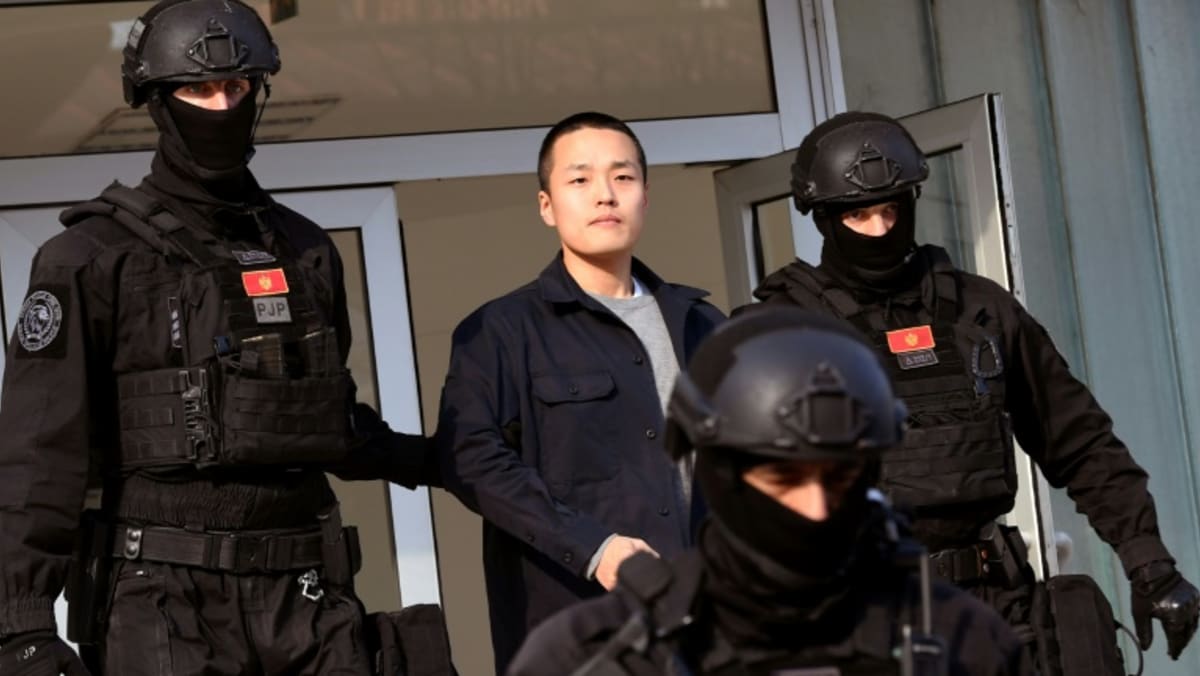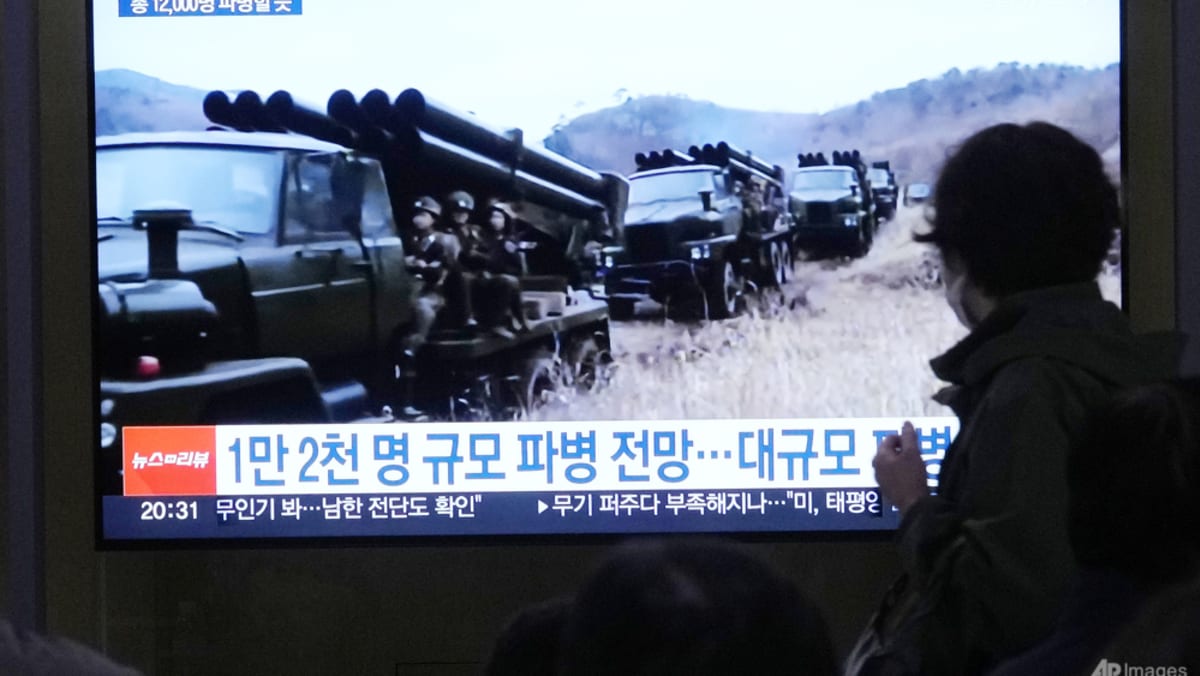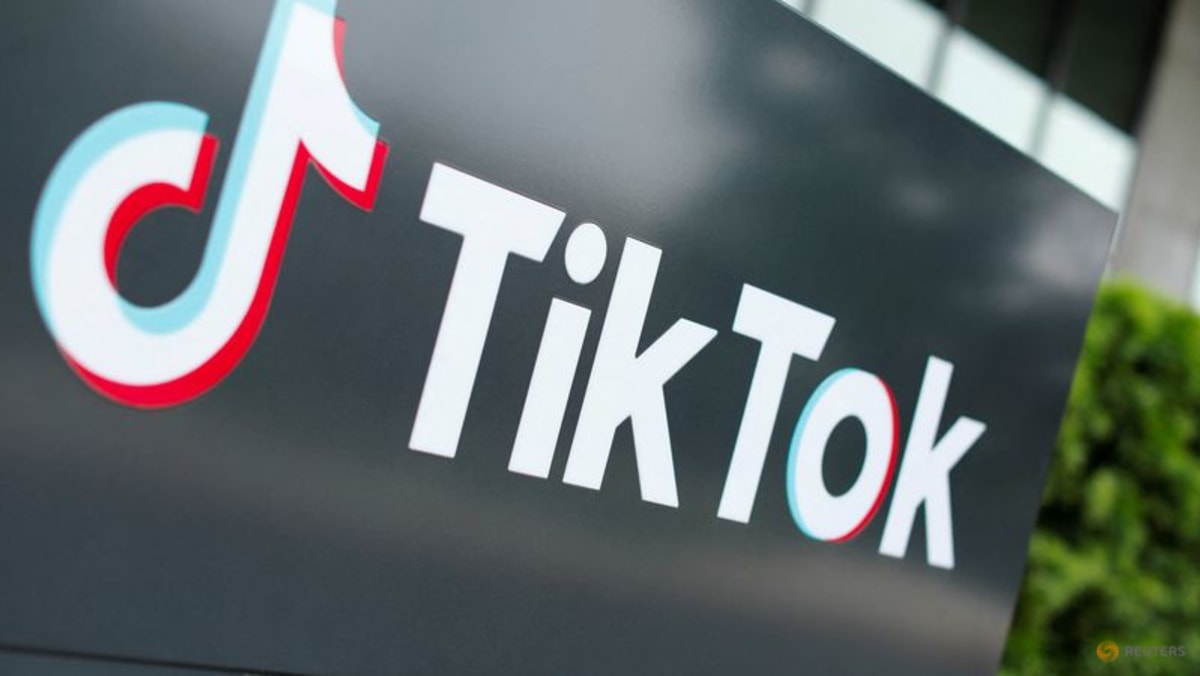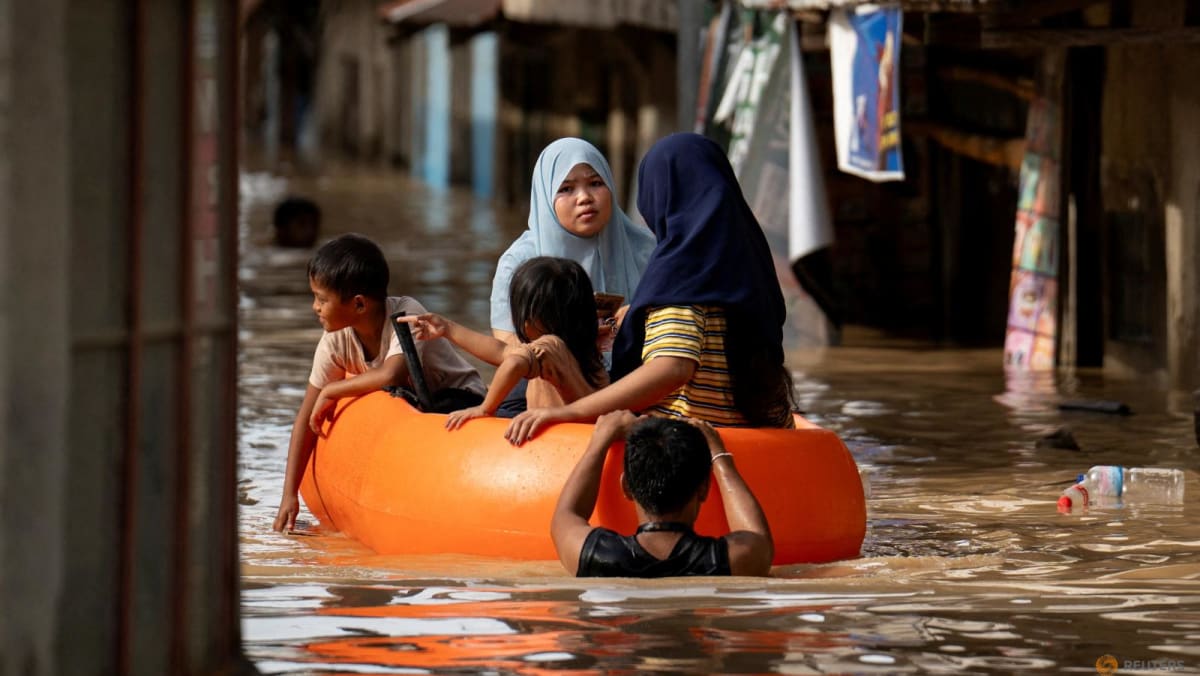‘We must accept this result’: Post-Olympics, Malaysia to look at plans to boost sporting performance, says Anwar
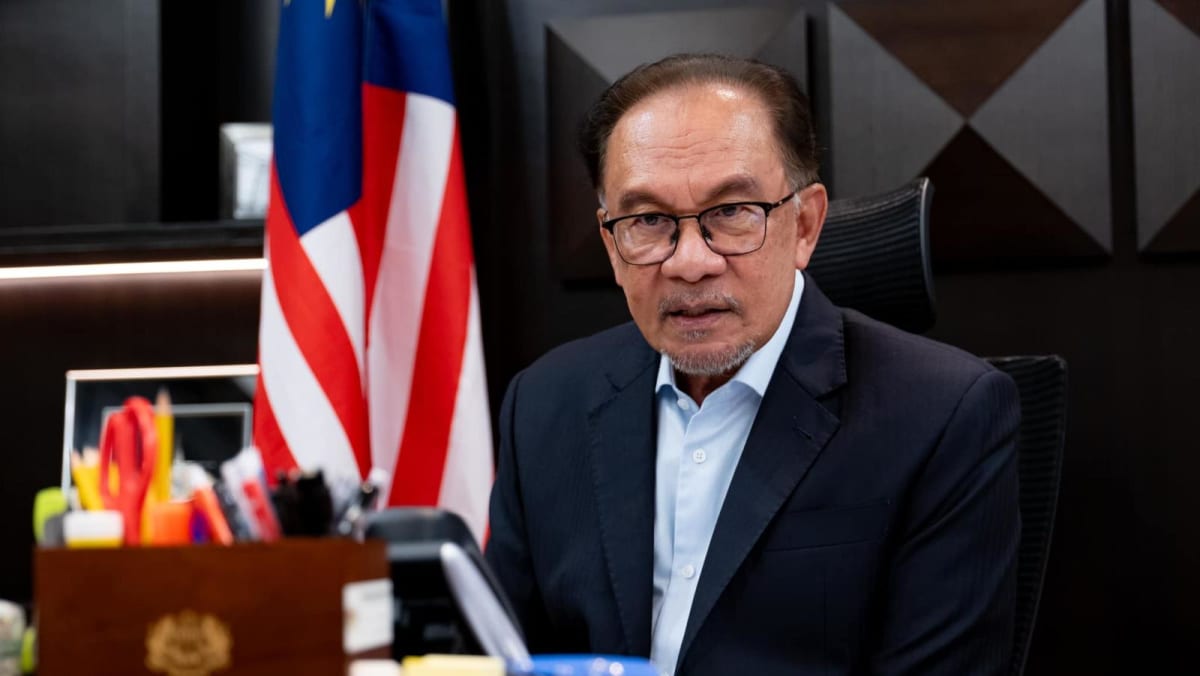
SINGAPORE: Malaysian Prime Minister Anwar Ibrahim said that his government is coming up with new plans to improve the country’s sports performance following the conclusion of the Olympic Games in Paris that saw its athletes bring home two bronze medals.
This came after a minister flagged “harsh comments” against Malaysian athletes as potential cyberbullying.
On Monday (Aug 12), Mr Anwar congratulated the Malaysian athletes who had competed in the Games, even as the country continued its hunt for its first Olympic gold medal.
“I want to congratulate those in the Olympics and those who tried their best. We must accept this result.
“We hope that in future, we will finish several new plans to improve the national sports performance,” Mr Anwar was quoted as saying on Monday by Malay Mail at an event in Kuala Lumpur.
Malaysia’s two bronze medals came courtesy of the badminton team – Aaron Chia and Soh Wooi Yik (men’s doubles) and Lee Zii Jia (men’s singles).
Hopes for the elusive gold medal were dashed after cyclist Azizulhasni Awang was disqualified on Aug 10 for a technical error in the track cycling discipline of keirin. Azizulhasni took bronze at Rio in 2016 and silver at the Tokyo Games.
With its 15 silver and bronze medals, Malaysia is the most successful country at the Olympics without a gold.
Meanwhile in Southeast Asia, four countries have yet to medal at the Games – Brunei, Cambodia, Laos and Myanmar.
ALLEGED CYBERBULLYING OF MALAYSIAN ATHLETES
Separately, Communications Minister Fahmi Fadzil on Saturday said that he was aware of the grouses of some of the Malaysian Olympic athletes who feel like they had been cyberbullied by netizens.
Mr Fahmi warned that some of the comments may be considered as cyberbullying if it had negatively impacted on the Malaysian athletes’ mental health, though he did not give examples of them.
“I have not yet received the latest report, hence, I do not have the updated information (on athletes being cyberbullied).
“Nevertheless, I will look into the matter if athletes feel that their well-being is affected for example (due to such cases) as we sometimes see that the comments from netizens are rather harsh, regardless from fake accounts or not,” Mr Fahmi was quoted as saying by the New Straits Times.
Mr Fahmi added that there have been instances where the athletes were subjected to harsh comments online.
“(The Malaysian Communications and Multimedia Commission) does receive reports from time to time, but what’s important is to note that some cyberbullying perpetrators hide behind fake accounts. Actions by social media platforms have not been effective in curbing fake accounts …” Bernama reported him as saying.
Local media had previously reported that there were no specific laws to tackle cyberbullying in the country in the wake of the death of influencer Rajeswary Appahu who died by suicide after she was allegedly cyberbullied.
Malaysian authorities have since said that they are considering a proposal to amend the country’s Penal Code to introduce specific provisions for the offence of cyberbullying in the country.
In recent weeks, the Malaysian government has also taken a tougher stance against Big Tech and social media firms. It had announced that all social media and internet messaging platforms with at least eight million registered users in the country must apply for a class licence from 2025 or face penalties.
Mr Fahmi had previously told CNA that the new class licensing regime will add to Malaysia’s legislative firepower to ensure the internet is safer for children and families.
Source: CNA



